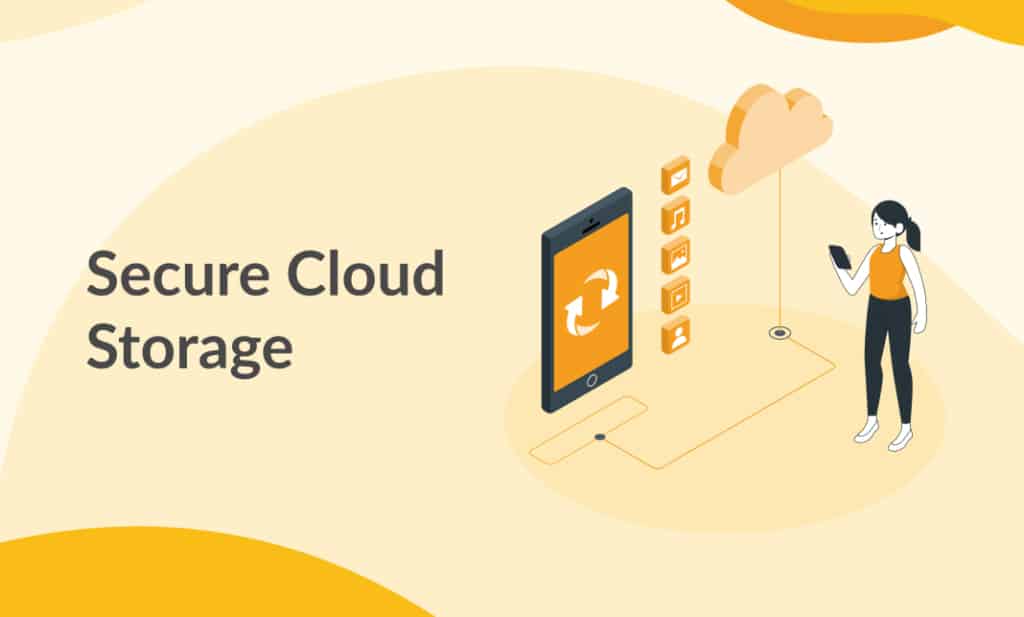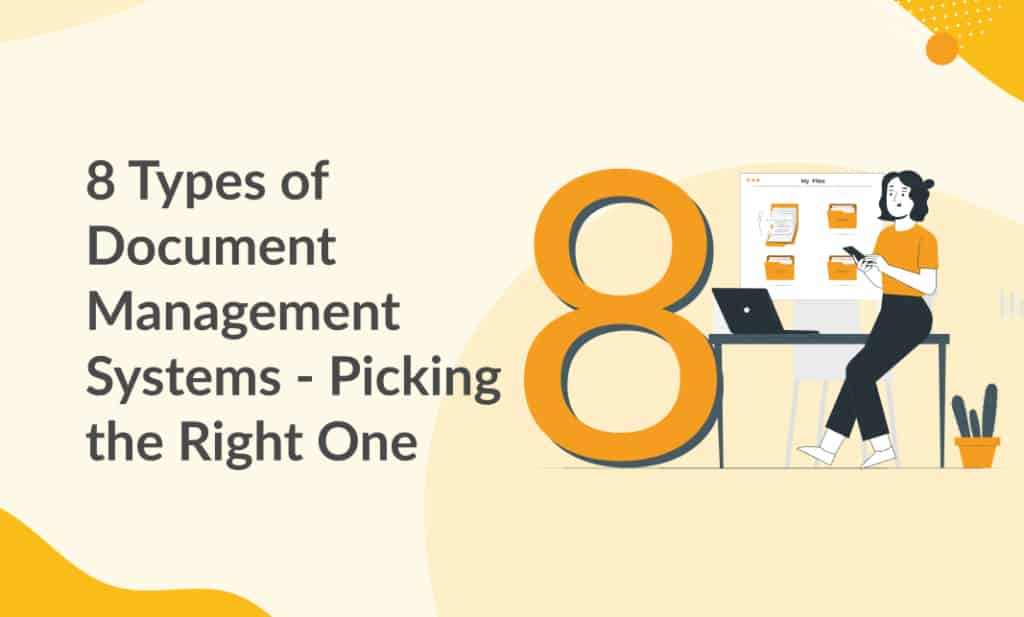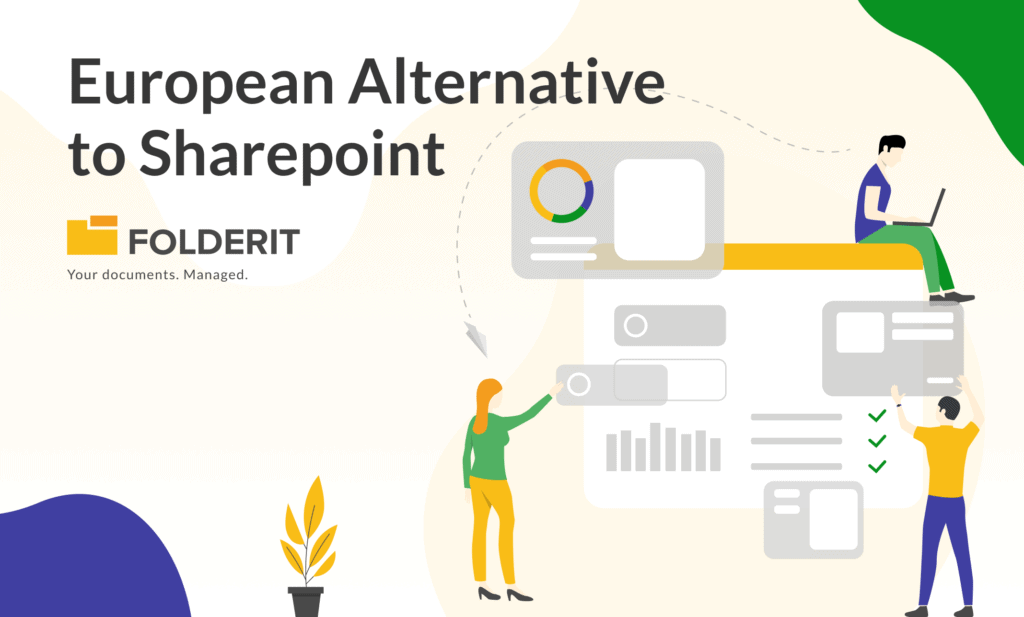Secure encrypted cloud storage is of paramount importance if you plan to keep your files and documents online. But the same should apply to your local storage as well. Any form of storage that has breachable security, should be dismissed.
256-bit AES Encryption Security

Sure, what is “breachable” must be defined first. Every security system can be breached somehow, at least theoretically. For example, Folderit online document management software uses 256-bit AES encryption, that is pretty much the strongest available encryption. It would take 2254.3 (2 with 254 zeros after it!) computational operations to uncover the key that could be used to decrypt the files. Which means a computer has to be on the task for… billions of years. Not just any current computer but any foreseeable future computer as well. The breaking process would also generate tens of trillions of terabytes of data that has to be stored somewhere and the problem is — even if you combined all the storage in the world, it wouldn’t be enough. So, 256-bit encryption is theoretically breakable — everything is — but really it’s not.
How to Secure Your Data in Cloud
Therefore let’s agree that “breachable” is a security system that can be overcome with a reasonable effort. It is worth noting that any secure system is as strong as its weakest link. If your password gets discovered or guessed, then there is no help from the fact that your storage is secured by elaborate algorithms. So choose your password well, make it hard to guess and keep it safe from the prying eyes.
Besides doing things right on your end, be sure to use a cloud storage provider that does things right on its end as well. Check that they are using a strong 256-bit AES encryption to store your data, and that SSL/TLS cryptographic protocols for privacy and data integrity are in place to secure the connection between your device and the service provider.
In regard of security, Folderit has you covered.



